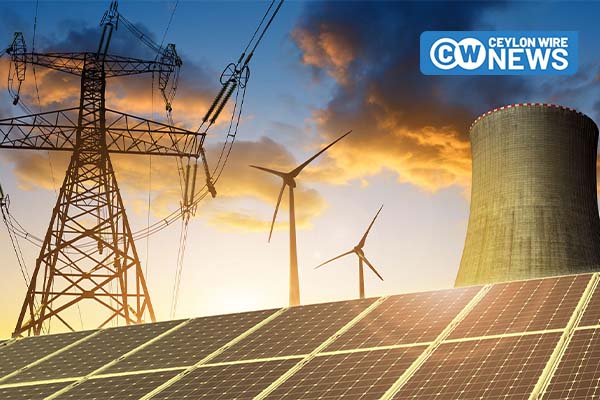The proposed removal of Value-Added Tax (VAT) exemptions has sparked apprehension about the potential application of VAT on power and energy starting January 1, 2024.
Ahead of the budget, the Cabinet of Ministers greenlit a 3 percent VAT increase to 18 percent, effective from the specified date, indicating the removal of most VAT exemptions. The 2024 budget, unveiled in parliament on Monday, outlined the elimination of nearly all VAT exemptions, with exceptions only for education, healthcare, and essential food items.
Currently, VAT is not levied on power and energy products, including petrol, diesel, and electricity. However, with the proposed removal of VAT exemptions, there is growing uncertainty about the inclusion of VAT on fuel and electricity.
Responding to queries during a post-budget webinar organized by the Centre for Banking Studies, Advisor to the Finance Ministry, Deshal de Mel, refrained from commenting, citing the pending passage of the 2024 budget in parliament. He emphasized the potential for changes during the committee stage.
An anonymous tax expert noted, “Since the exemptions are only for education, health, and food items, as mentioned in the budget, I believe VAT will have to be applied on power and energy from the beginning of next year unless the government decides to make a change before passing the budget.”
VAT, a consumption tax impacting end consumers, is often considered regressive, disproportionately affecting lower-income individuals and households. According to the 2024 budget estimates, the government aims to generate Rs. 2,235 billion from taxes on goods and services, a substantial increase from the 2023 estimate of Rs. 1,376 billion.








